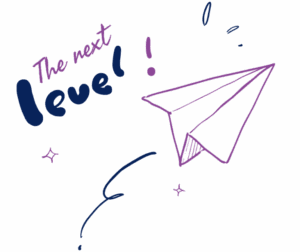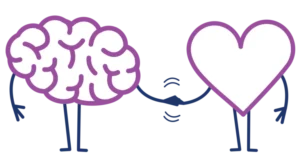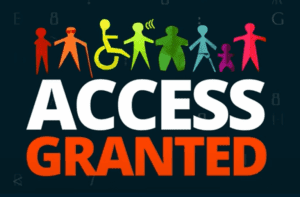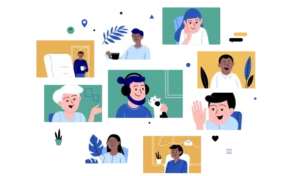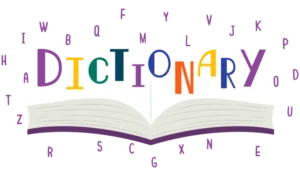It’s a question people ask often: Can blind people work? The short answer is yes. People who are blind or have low vision work in nearly every industry you can imagine. While losing your sight does bring challenges, it does not erase your talents, your drive, or your ability to build a career.
Challenging the Misconception
One of the biggest misconceptions about blindness is that it automatically means you can’t work and/or will lose your job. The truth is more nuanced. The Blind Community may face challenges like higher unemployment rates, transportation barriers, or access to assistive technology. But you’ve likely already learned how to navigate these hurdles in your daily life. You’ve figured out ways to get where you need to go and discovered the tools that help you succeed. Those same problem-solving skills carry into the workplace. With the right support, you can thrive in your career.
At the same time, progress is happening. More employers are beginning to understand the value of diverse teams, and laws like the Americans with Disabilities Act (ADA) support equal access to employment. Technology has also changed the landscape by making it easier than ever to succeed in roles that rely on computers, communication, and problem-solving.
Careers for People Who Are Blind
Blind people work in all kinds of jobs. Some roles are more traditional, while others might surprise you. The examples below highlight just some of the industries where people who are blind are building successful careers. But this list isn’t exhaustive or limiting—blind professionals contribute in nearly every sector you can imagine.
- Office & Administrative Work: clerical roles, customer service representatives, and human resources assistants.
- Technology: programmers, IT specialists, digital accessibility testers, and cybersecurity analysts.
- Healthcare & Therapy: massage therapists, counselors, and occupational therapists.
- Creative Arts & Media: musicians, writers, podcasters, and content creators.
- Education & Advocacy: teachers, social workers, nonprofit advocates, and disability inclusion specialists.
- Entrepreneurship: small business owners and consultants.
- Hospitality: receptionists, concierges, event staff, and restaurant servers.
The point is clear: blindness does not limit you to one path. Your interests, skills, and passions still matter and they can guide your career just like they would for anyone else.
Workplace Accommodations
Technology has opened doors that once seemed closed. Screen readers, refreshable braille displays, and voice-to-text software allow blind employees to handle digital work with confidence. GPS-based apps and orientation training support independent travel. In the workplace, accommodations can be as simple as flexible schedules, adaptive equipment, or allowing remote work. These tools are reasonable accommodations that level the playing field. Your skills and talent should be the only consideration during an interview, not your sight.
Pathways to Employment
We understand firsthand that finding work can feel overwhelming, especially if you’re in the process of losing your sight. But there are resources designed to help. Vocational rehabilitation services offer training, assistive technology, and job placement support. In the United States, disability benefits may provide financial stability while you pursue work.
Community can also have a massive impact on your job search. Mentorship from someone who has walked the same path can be encouraging, and many local organizations provide peer networks for sharing strategies and job leads. On the employer side, companies are beginning to invest in disability inclusion and accessibility programs, which is opening up opportunities in fields that might have felt out of reach a generation ago.
Programs like the Ablr Adult Workforce Program create direct pathways to employment for adults who are blind or visually impaired. Participants receive training in in-demand skills and are connected with inclusive employers who value their contributions. Beyond building resumes, the program also helps foster confidence and a sense of community—two essentials for long-term career success.
Ability Has No Limits
If you’re wondering whether blind people can work, know this: the answer is yes, and that includes you. A meaningful career is possible, no matter where you are on your journey with sight loss. With the right resources, support, and persistence, you can build a future that reflects your strengths and passions.
The process may look different for each person. For some, it might mean pursuing further training. For others, it could mean starting a small business, joining an existing team, or working from home. However you choose to move forward, remember that there is no single “right” path and you don’t have to navigate it alone. There’s a community here that understands and we’re ready to walk alongside you. Follow along on our blog for more helpful tips, advice, resources, and stories that educate, inspire, and empower.

